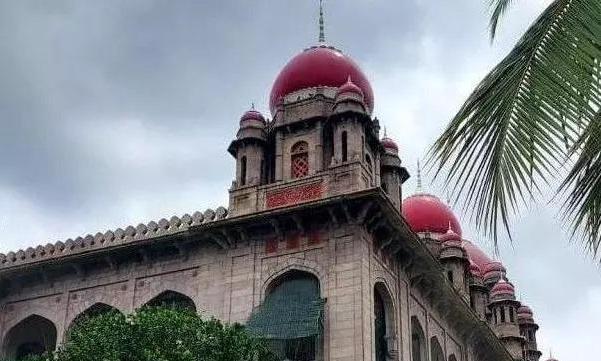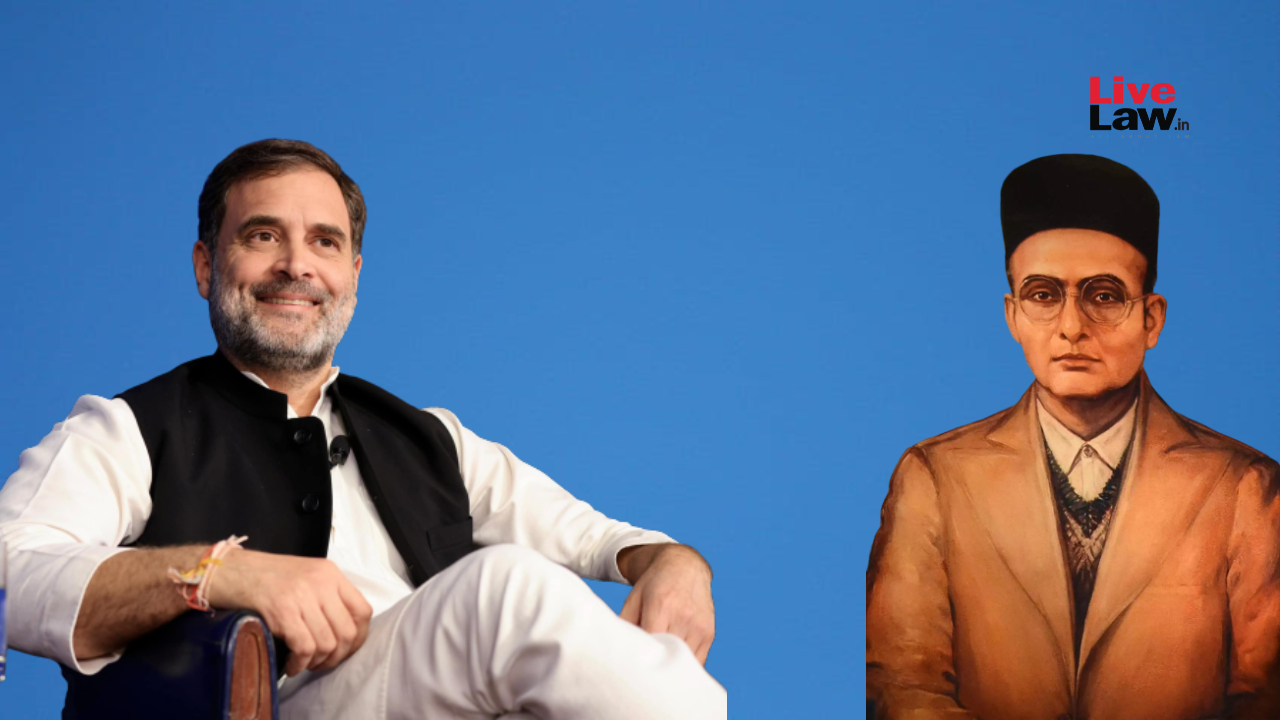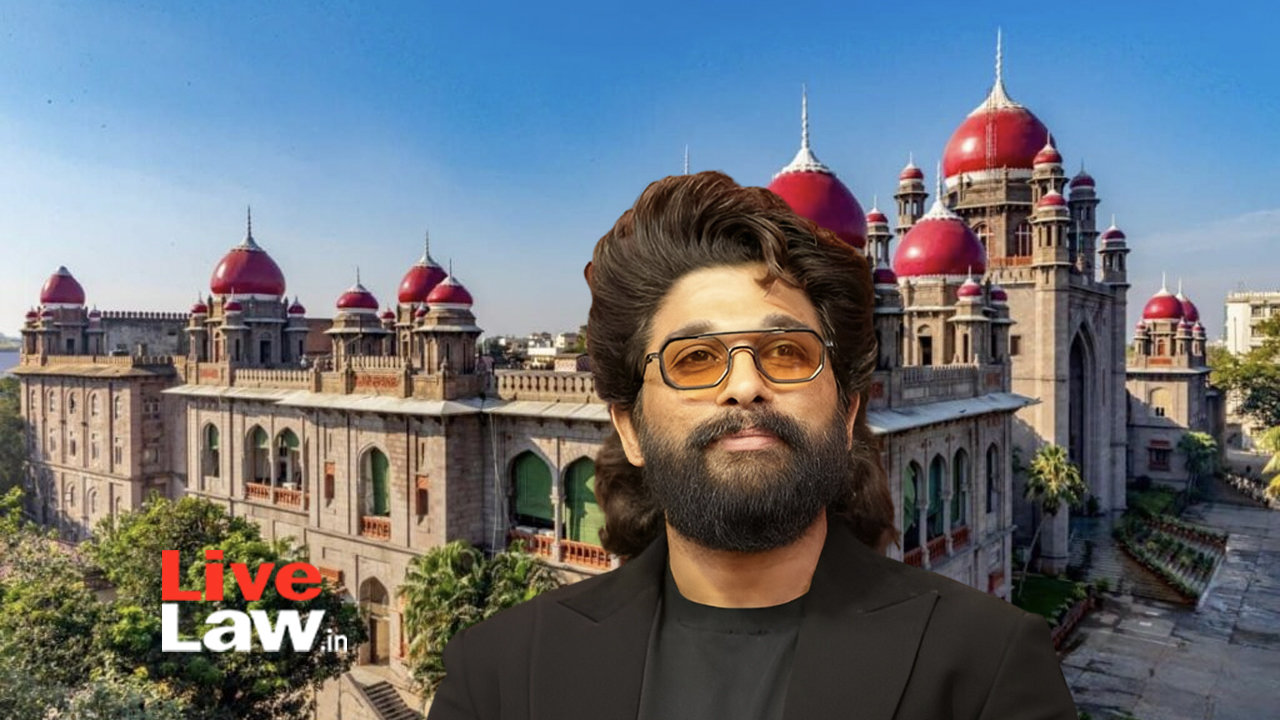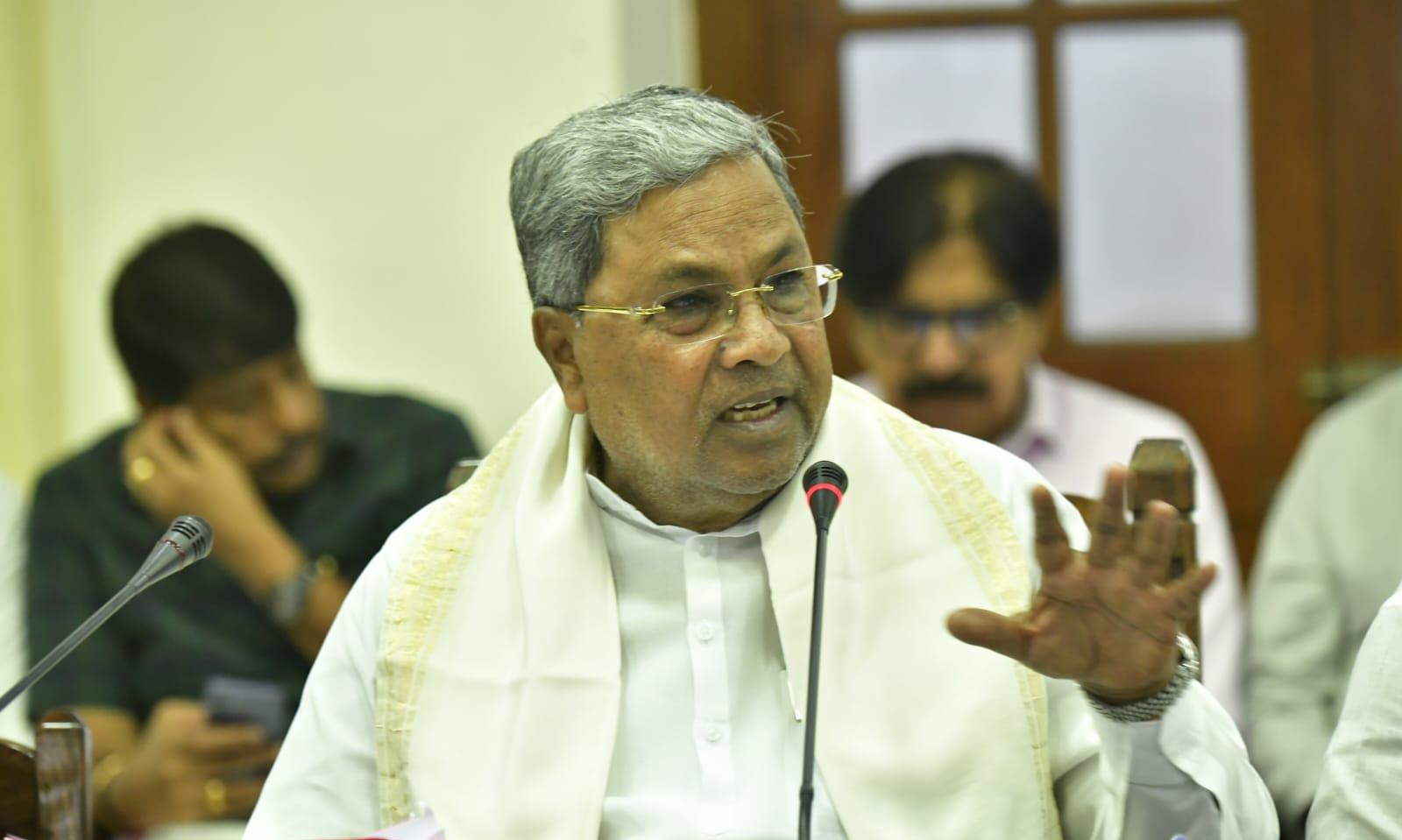On March 6, a Surat court acquits 127 people who were arrested in December 2001 under the sections of the UAPA on a charge of participating in a meeting as members of the banned SIMI
The HinduIf there is a State that has witnessed cases that exemplify a travesty of justice, it is Gujarat. A Surat court’s recent acquittal of 127 people who were arrested in December 2001 under the Unlawful Activities Act, 1967, on a charge of participating in a meeting as members of the banned Students’ Islamic Movement of India is a tragic instance of the adage “justice delayed is justice denied”. Frontline asked politicians in Gujarat and rights activists and lawyers who deal with communal issues in the State to revisit 2001 and comment on the case and its relevance, the political climate at the time, SIMI’s significance, and the sheer destruction of people’s lives caused by their arrest under a draconian law such as the UAPA. Whatever be the case, can you arraign people like this, without any checks and balances?” On December 28, 2001, acting on a facsimile that the Anti-Terrorist Squad sent from New Delhi warning that members of SIMI would be at a seminar organised by the All India Minority Education Board, the Surat Police conducted a sweep at the Rajshree guest house, where the seminar was being held, and arrested 127 participants claiming they belonged to the banned organisation. Therefore, a gathering such as the All India Minority Education Board was a perfect target….” ‘Systematic build-up of communal hatred’ Rohit Prajapati, a human rights activist based in Gujarat, said: “That year we saw a systematic build-up of communal hatred.
History of this topic

Tribunal to conduct hearing in the Nilgiris on ban of Students Islamic Movement of India
The Hindu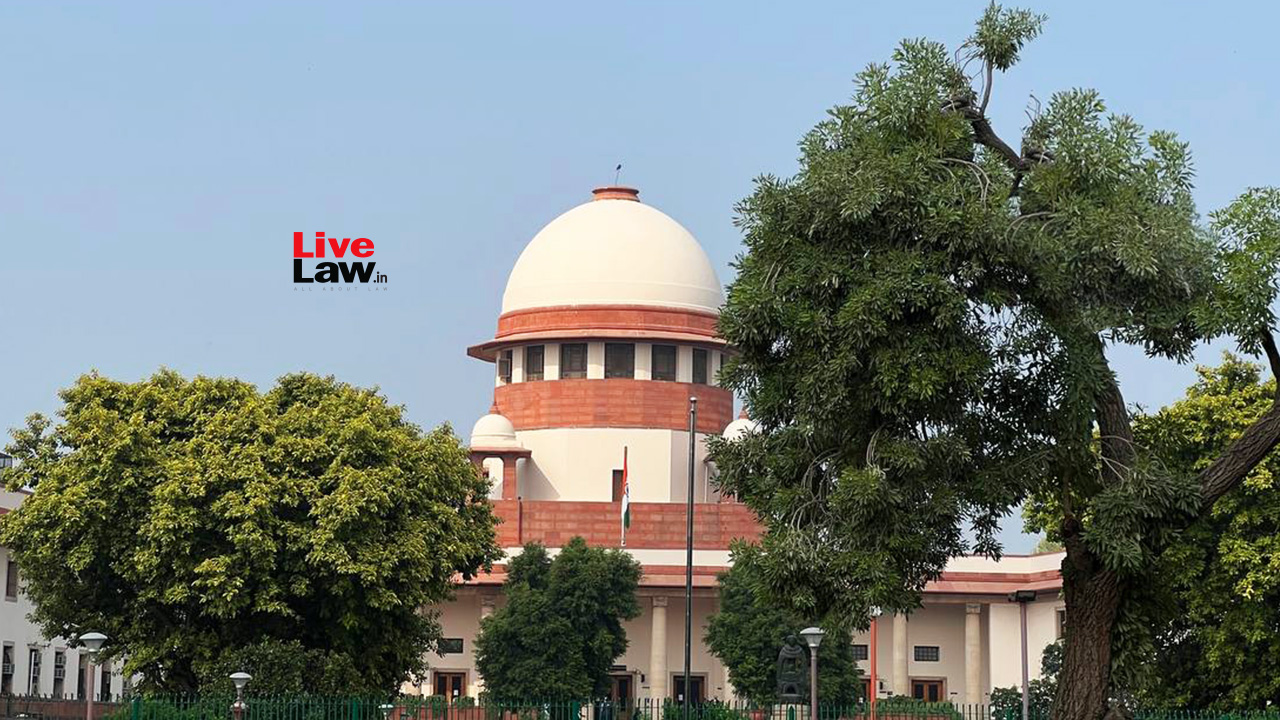
SIMI Ban | Organisations Seeking To Establish Islamic Rule In India Cannot Be Allowed To Exist : Centre Tells Supreme Court
Live Law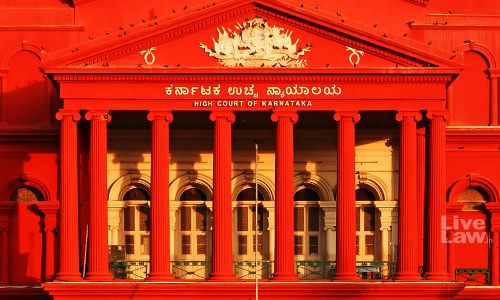
Merely Attending 'Jihadi' Meetings Of An Organization Which Is Not Banned By Govt Prima Facie Not 'Terrorist Act' Under UAPA: Karnataka High Court
Live Law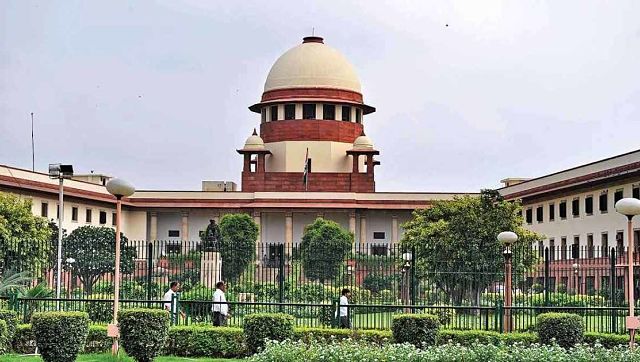)
Tripura anti-Muslim riots: SC to hear plea seeking quashing of UAPA against lawyers, journalists
FirstpostS.M. Mushrif: ‘Secularists should challenge UAPA in Supreme Court’
The Hindu
20 years on, court acquits 122 people accused of SIMI links
Hindustan Times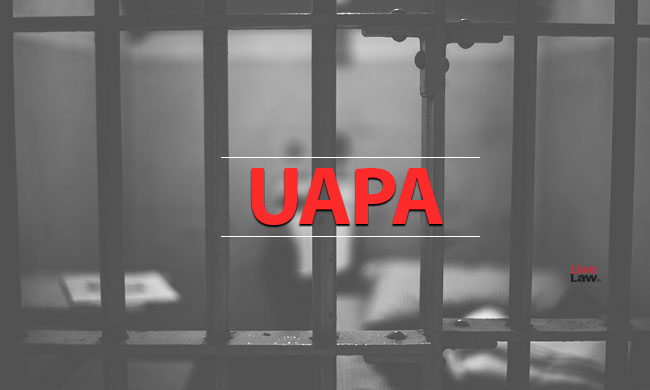
Surat Court Acquits 122 Persons Accused of Being SIMI Members
Live Law
Opinion | Three cheers for high courts
Live MintDiscover Related


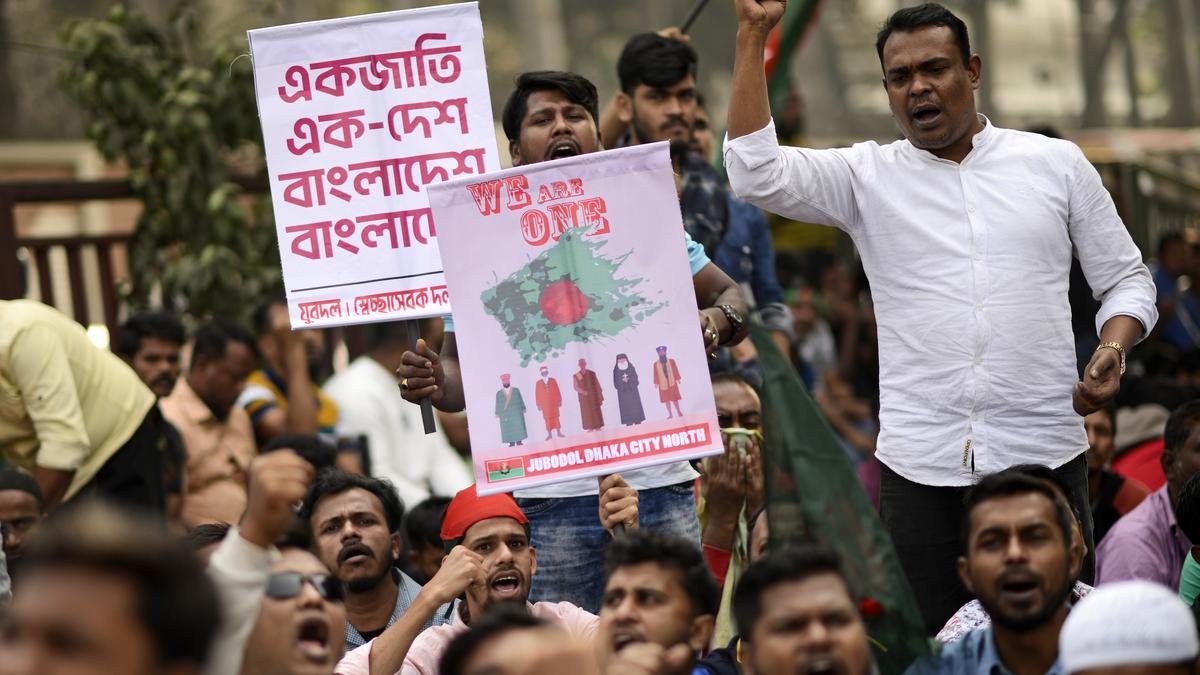
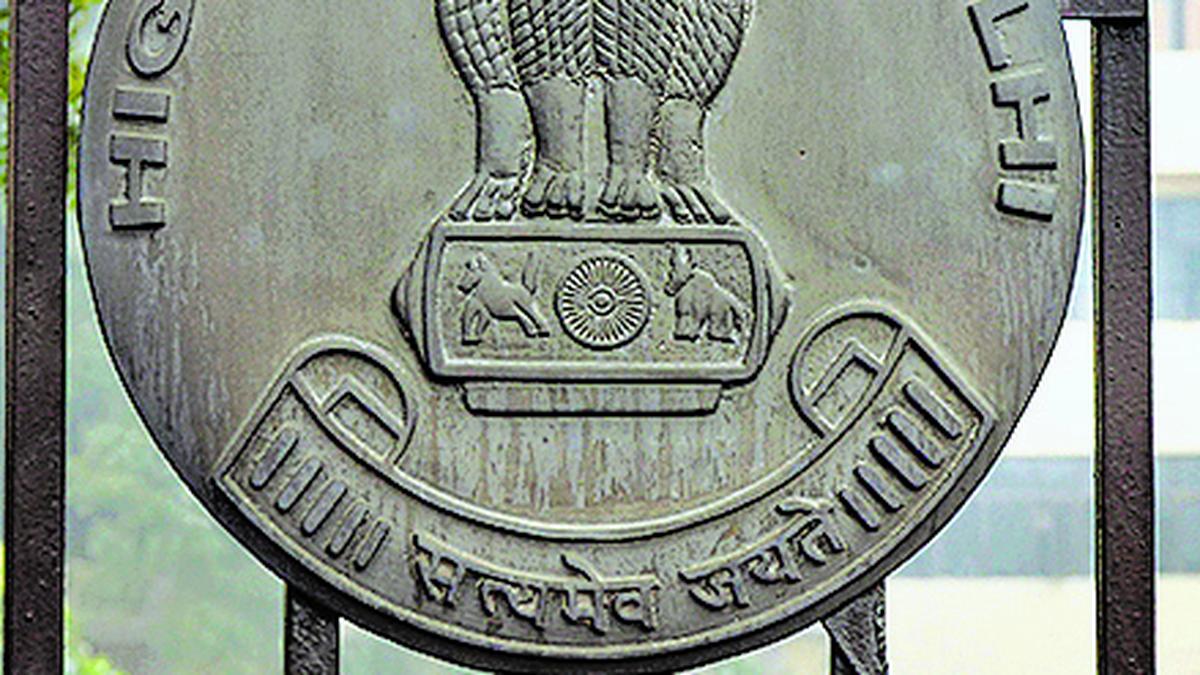




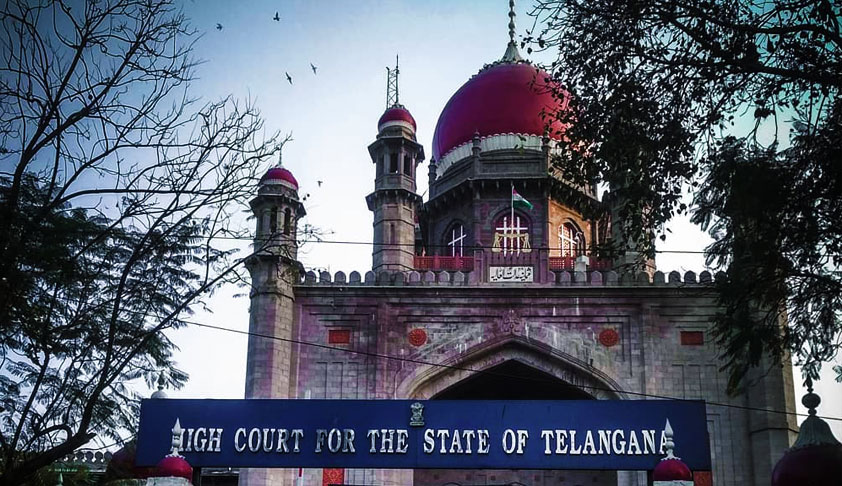
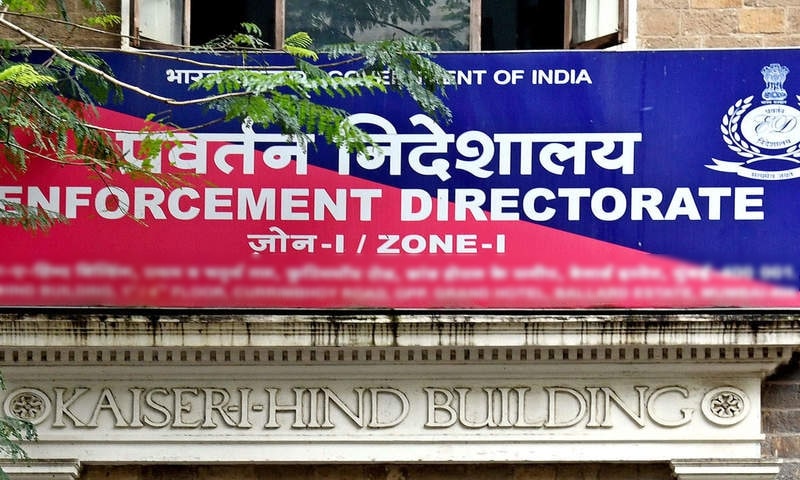



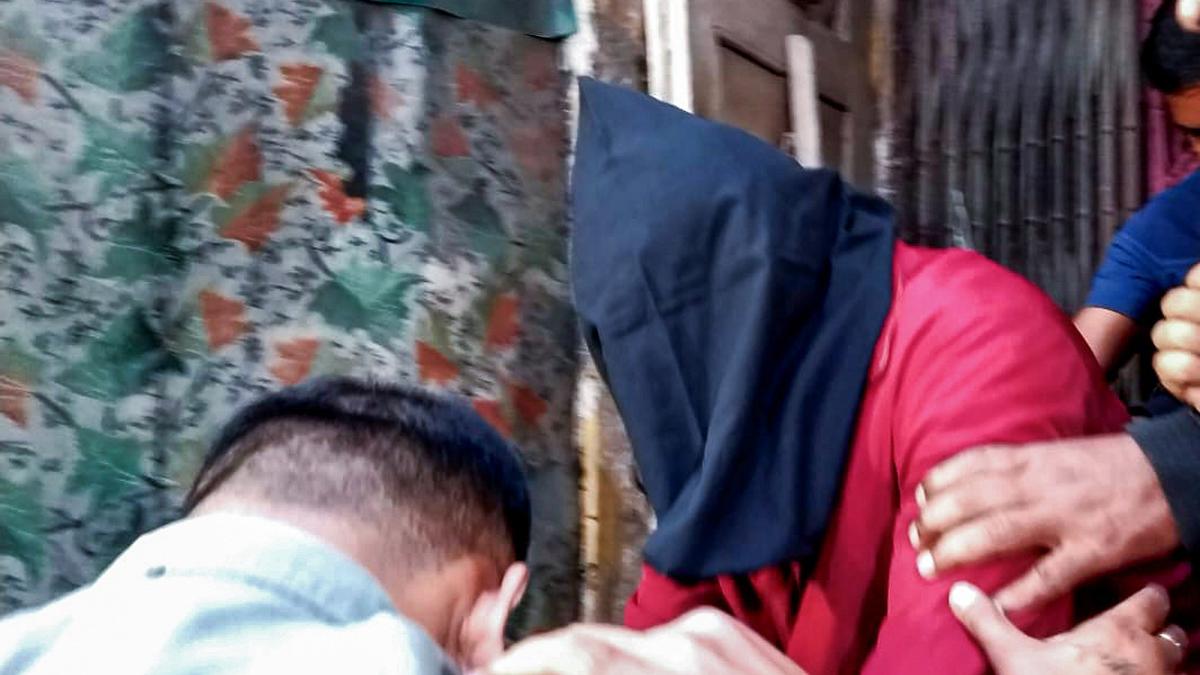
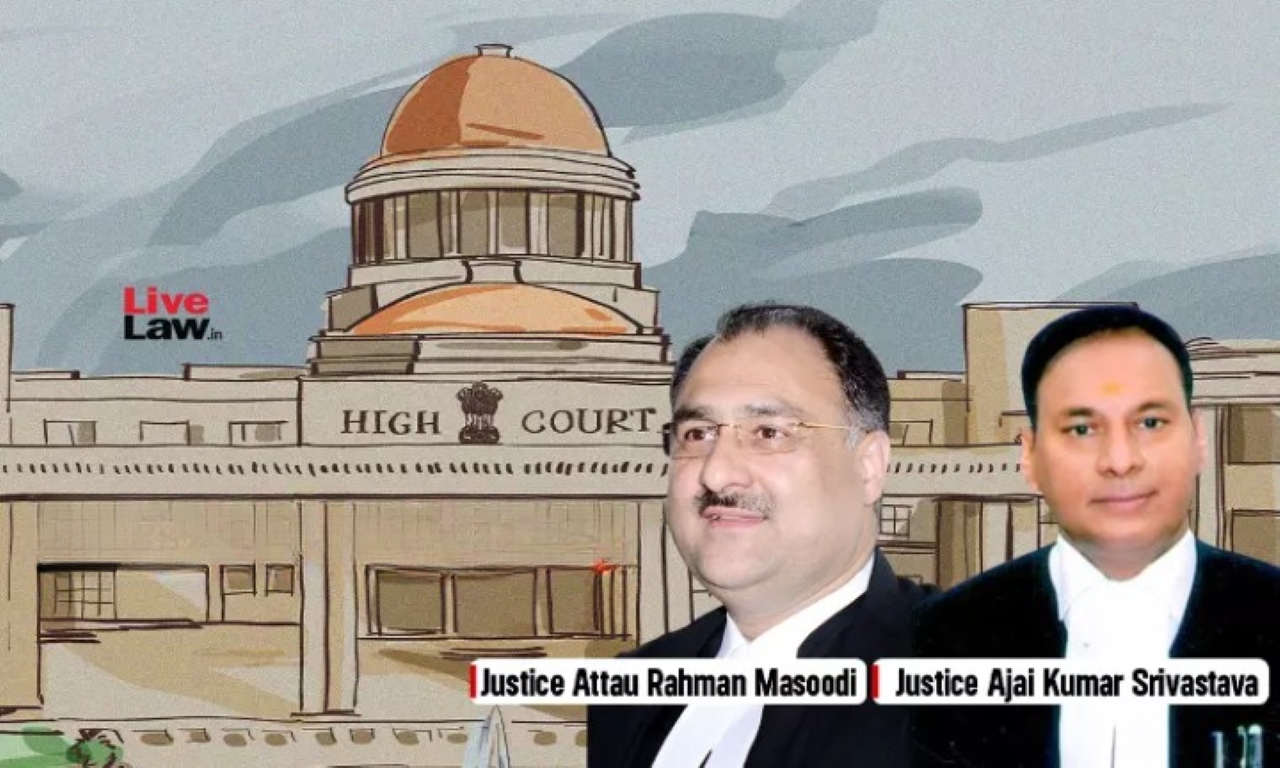
![[S.152 BNS] Sedition Law Is A Shield For National Security, Not A Sword Against Political Dissent: Rajasthan High Court](https://www.livelaw.in/h-upload/2024/06/07/543650-justice-arun-monga-rajasthan-hc.jpg)
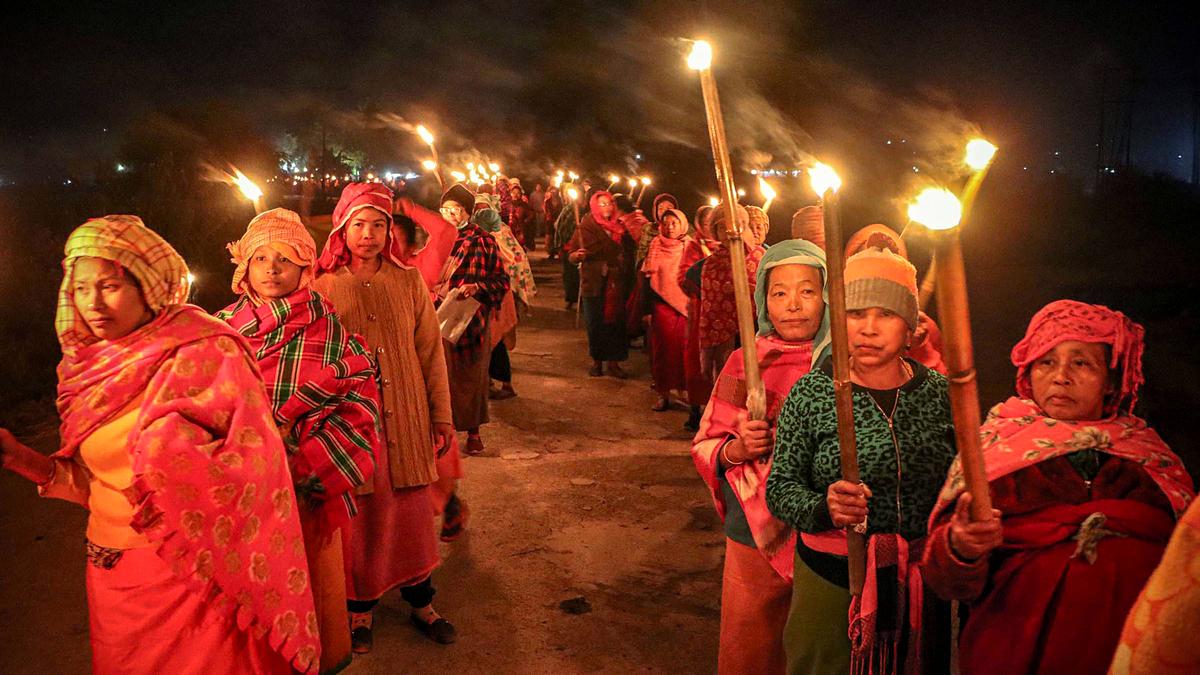
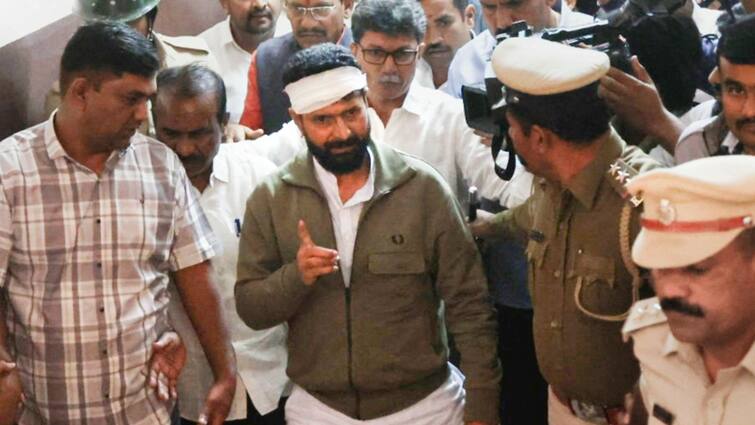

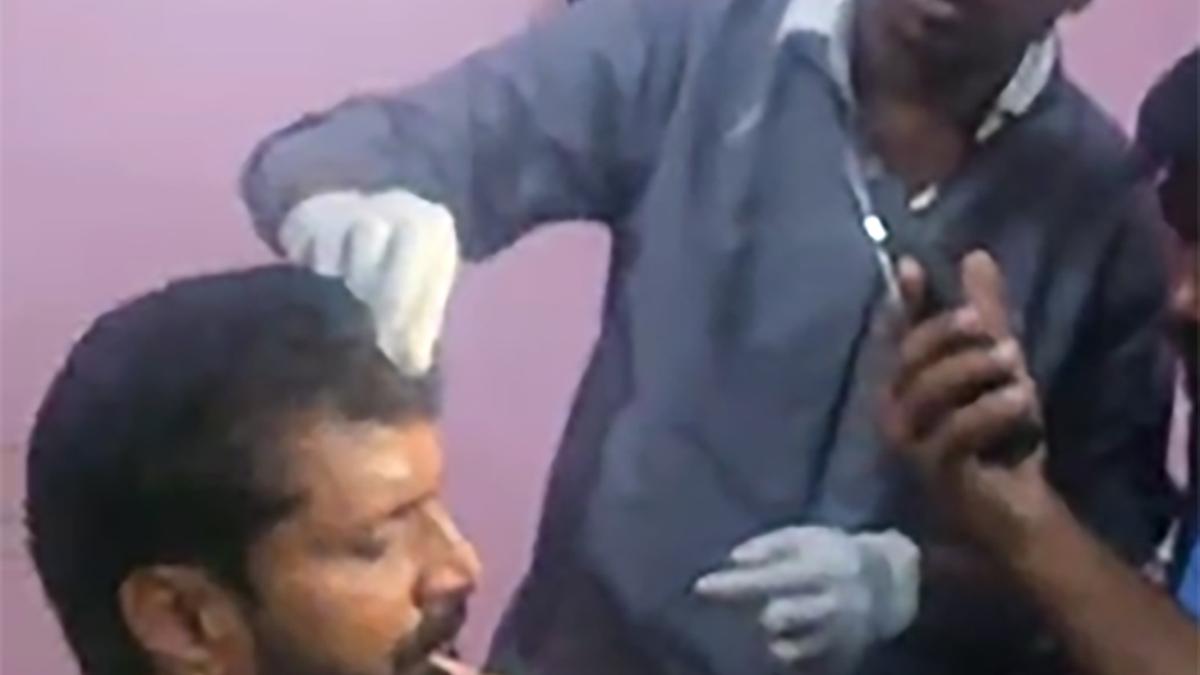
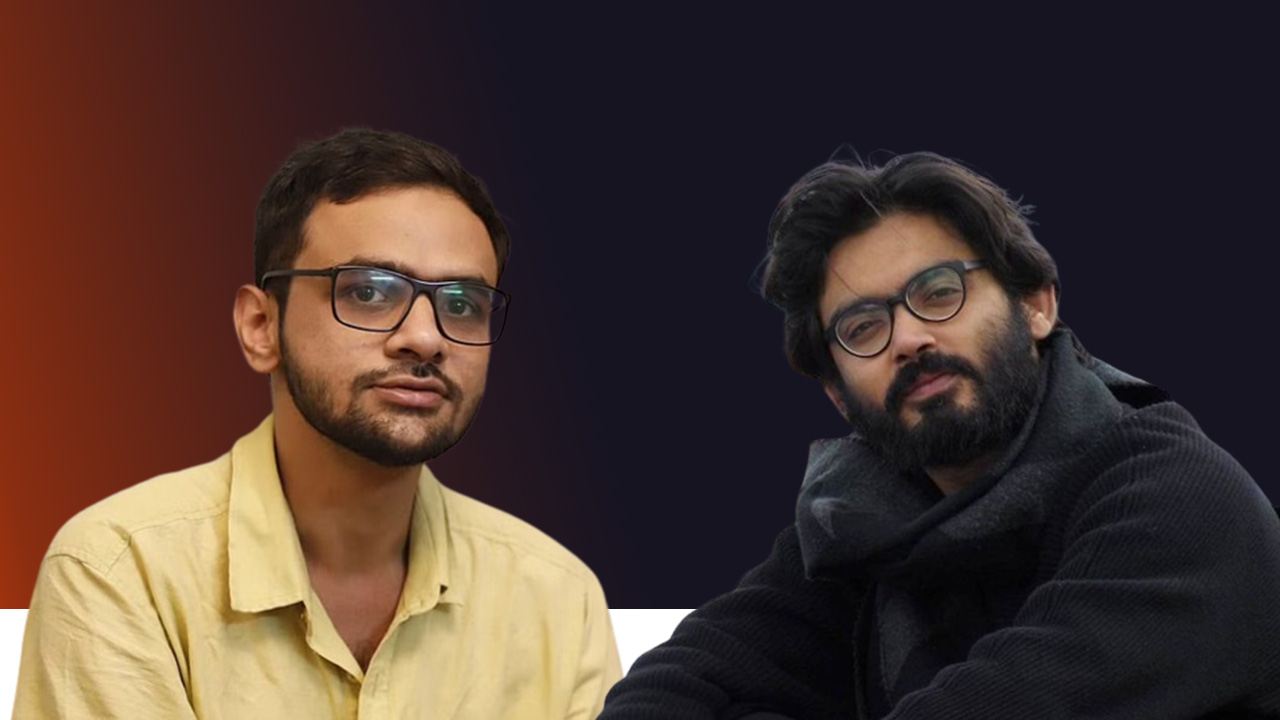
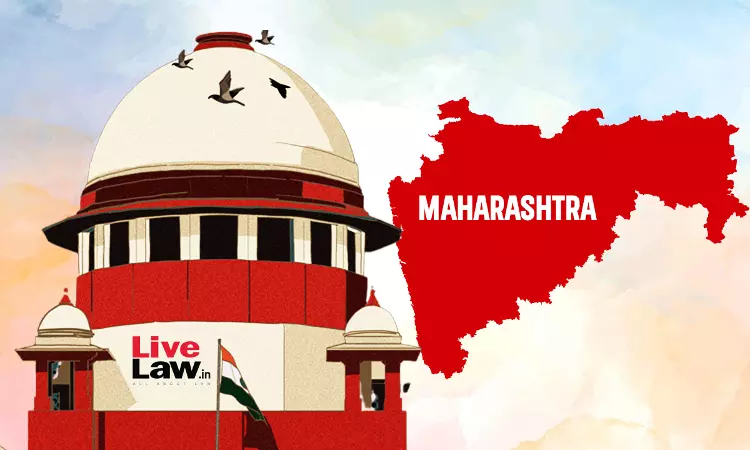
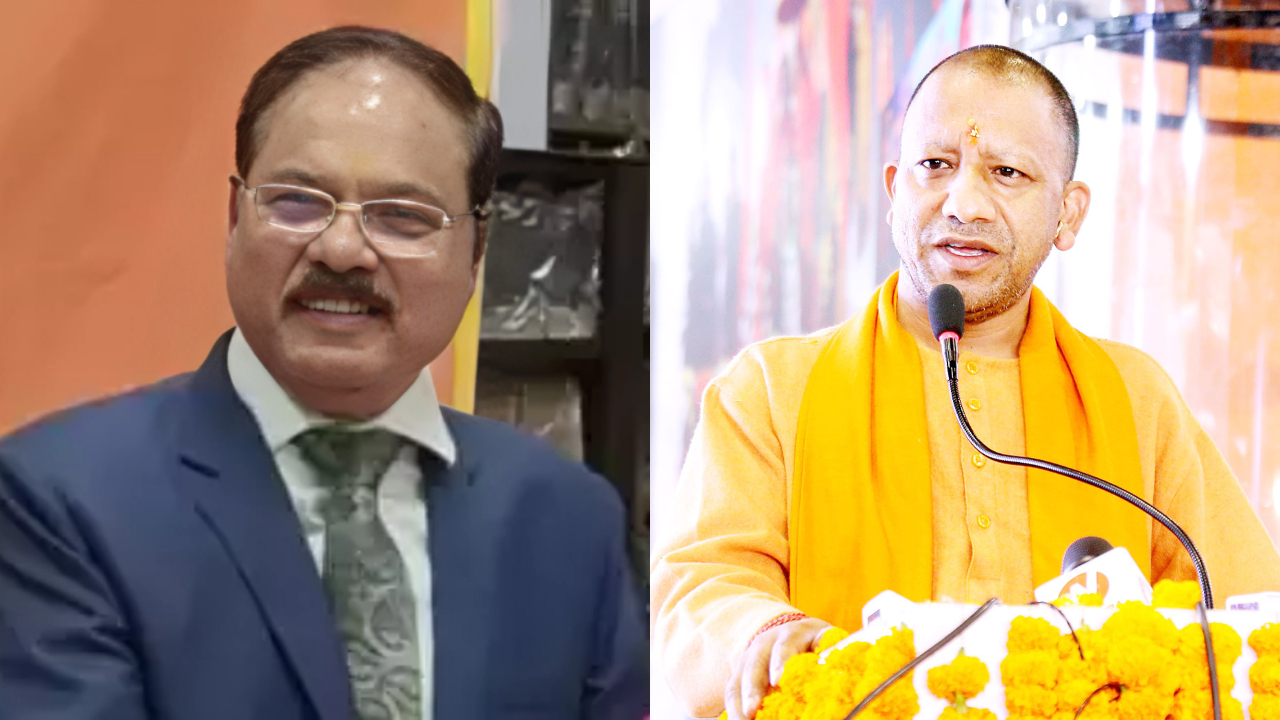
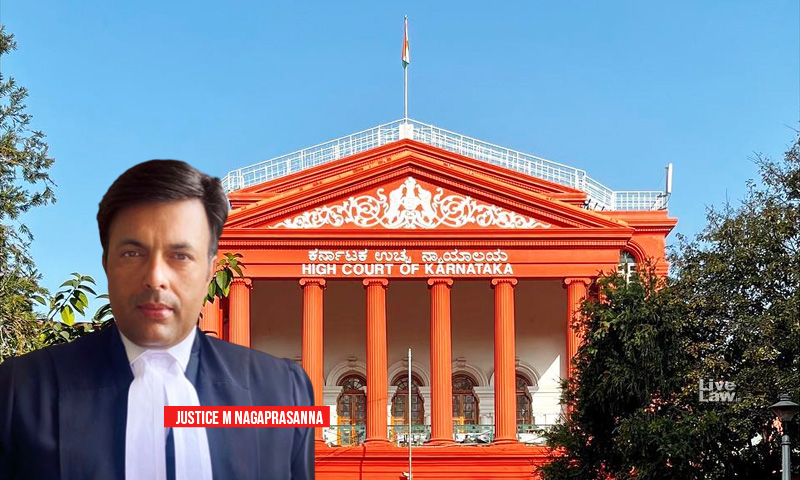
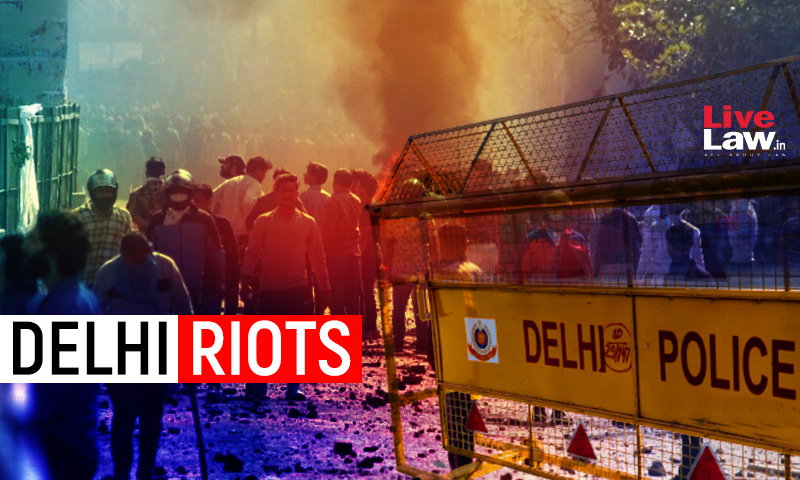
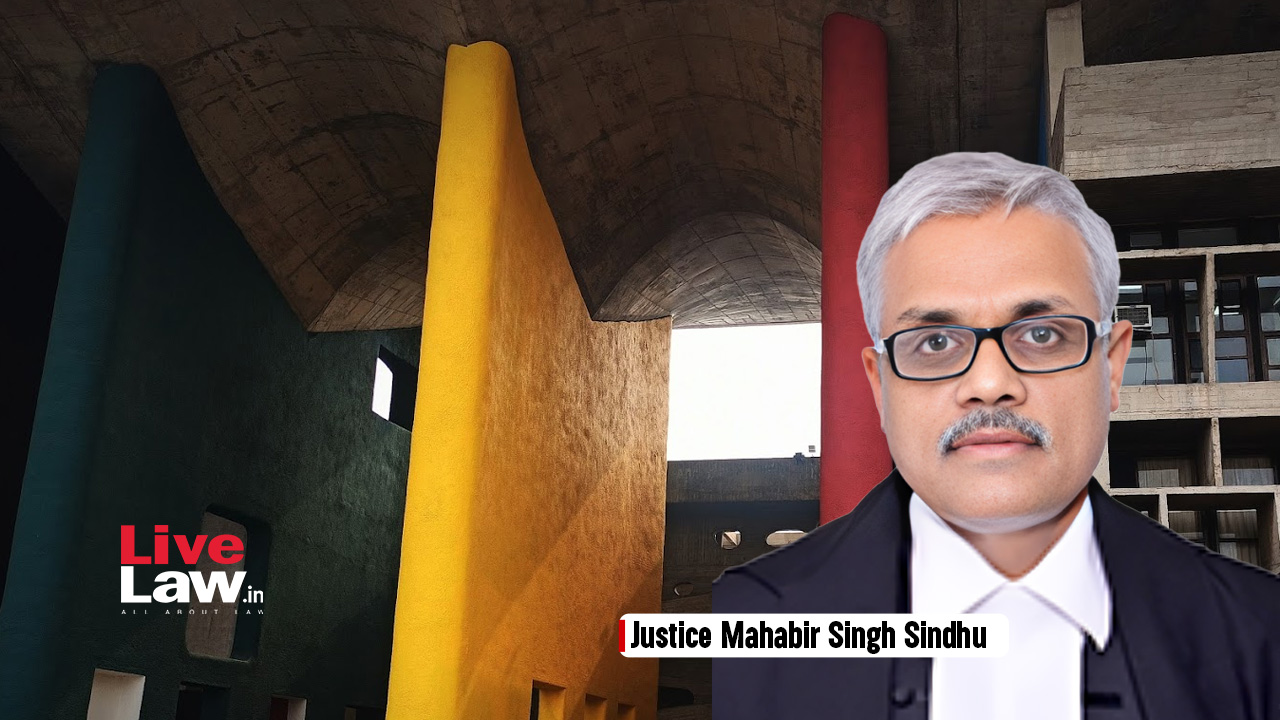
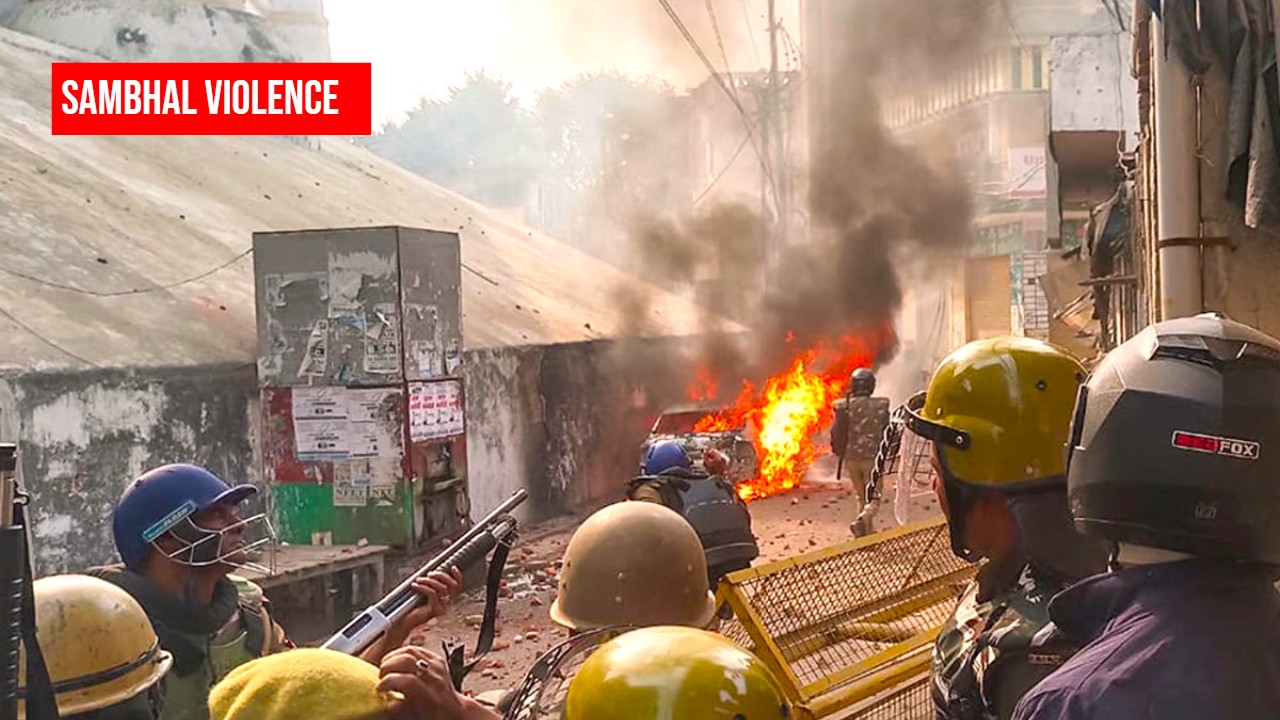
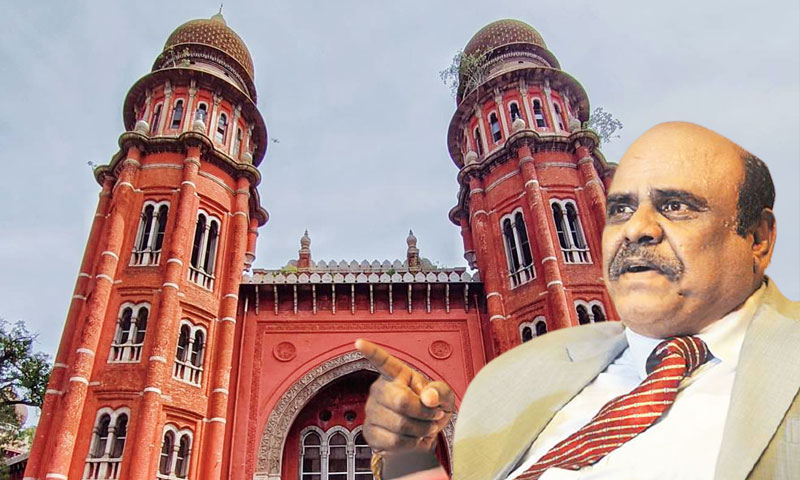
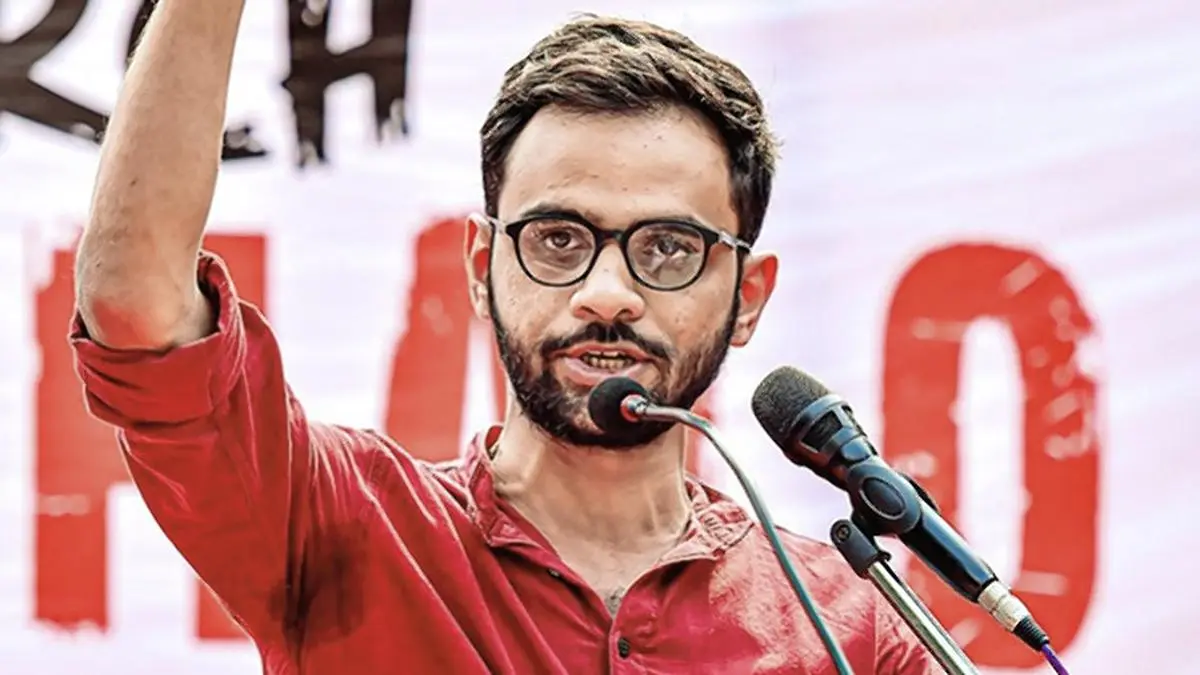
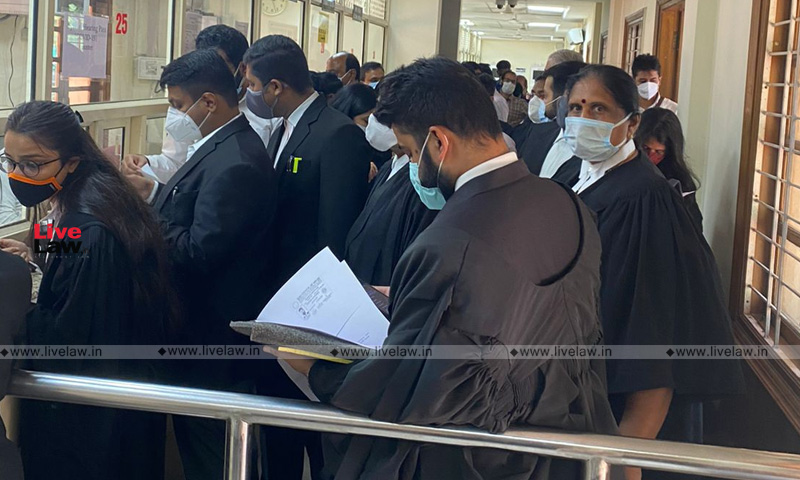
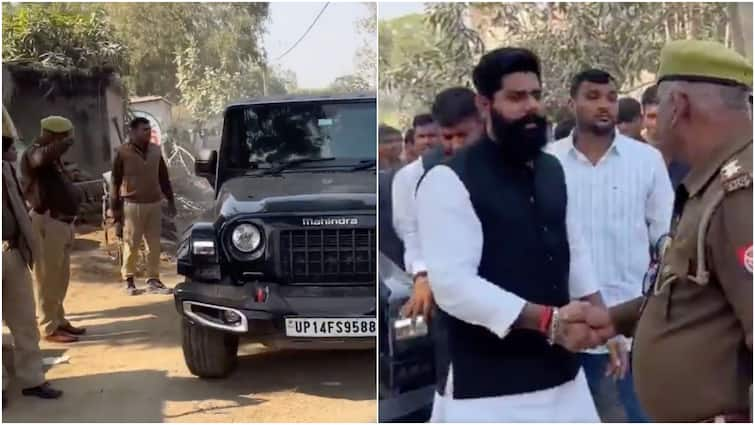
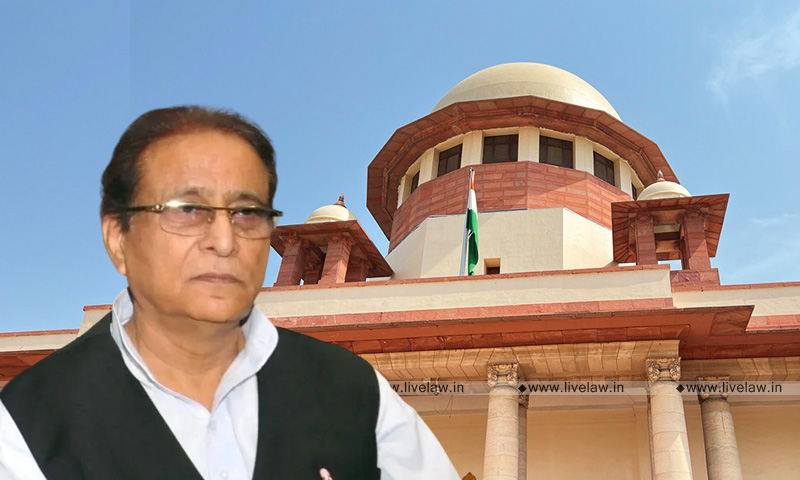

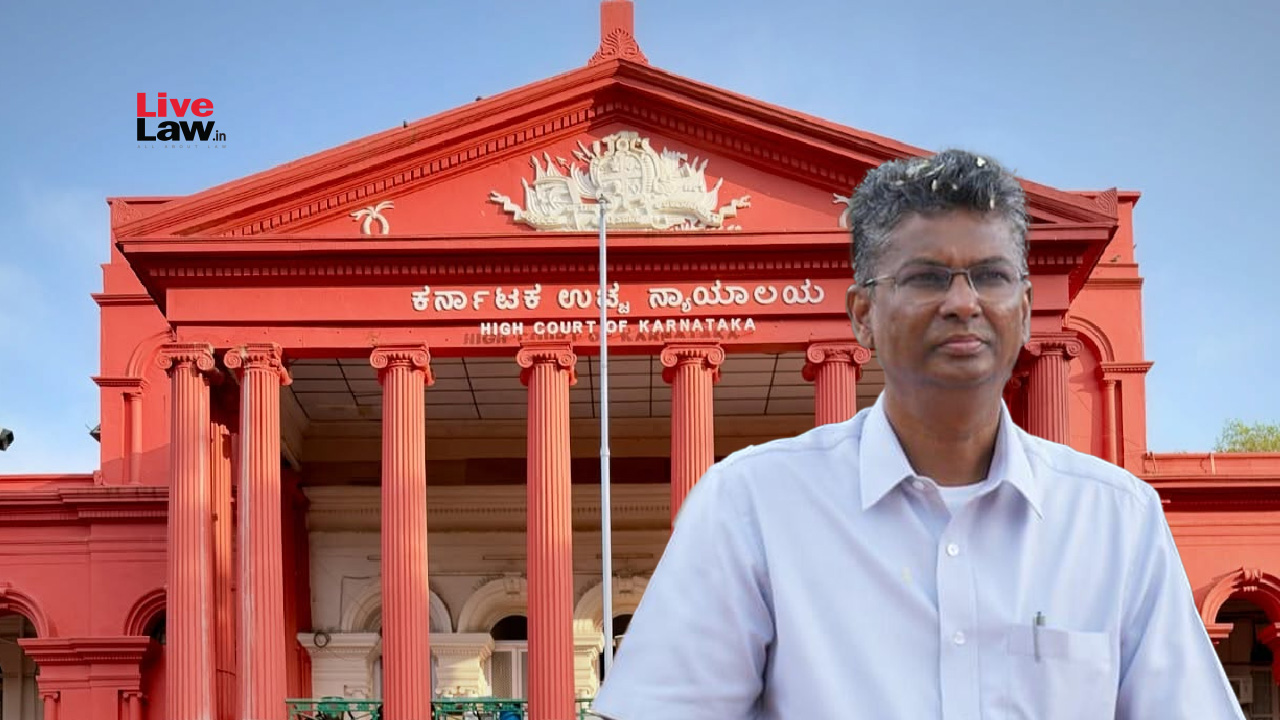



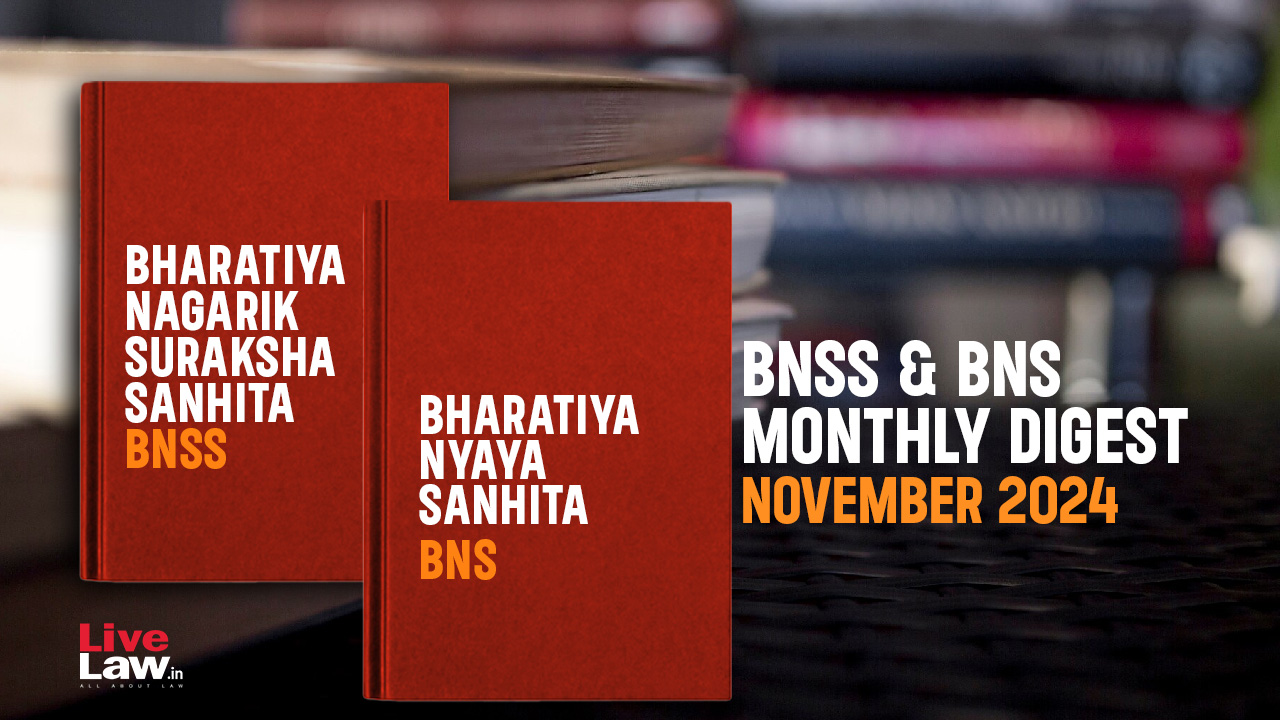
)


